 The 2024 Winter Reading Challenge has a category Outside Your Comfort Zone, and I figured it was finally time to tackle this novel. I bought it sixteen years ago at an estate sale south of Blackburn Park in Old Trees when my oldest was but a toddler. It has languished on the to-read shelves for an occasion just such as this as at no point would I carry this book outside the house to read it, gentle reader.
The 2024 Winter Reading Challenge has a category Outside Your Comfort Zone, and I figured it was finally time to tackle this novel. I bought it sixteen years ago at an estate sale south of Blackburn Park in Old Trees when my oldest was but a toddler. It has languished on the to-read shelves for an occasion just such as this as at no point would I carry this book outside the house to read it, gentle reader.
You might know the basics of the story, gentle reader, as it has passed into the culture even beyond its film adaptations. Humbert Humbert has what Ed McBain would call “Short Eyes” for the title character. The book details his biography, an encounter in his youth to which he attributes his predilection, and then how he comes to room with a woman and her daughter, the title character. The book, erm, waxes poetic on the attributes of the girl, and when the mother dies shortly after marrying the narrator and then finding his hidden journal detailing his obsession. Humbert takes the girl across country, dallying with her often, but although initially she was into their assignations, she grows bored and distant. They settle in a town, and she attends a girls’ school for a while, but they take off on another cross-country excursion, this one in desperation as the narrator fears she is into someone else. Then she disappears, presumably with that someone else, and he loses touch of her for a number of years before she reaches out, and he meets her, married and pregnant, and then he kills the man who stole her from him (not her husband).
The frame of the book is that it’s a manuscript written by a man in jail awaiting trial (for the murder, likely). The narrator is trying awfully hard to not sound like a bad guy with his actions taking place in between bouts of real madness and trips to a sanitarium. The sensuous descriptions of the girl, though, make one feel squicky. The unreliable narrator comes off as pretty pathetic, and the girl kind of bratty. The prose is overwritten, with the author just dropping lists into the text (not bulleted, mind you, but lists anyway, which gets tedious).
As I was reading it, I was wondering, “Why write this book?” I mean, there’s no hero in it and no lesson to learn from it unless it’s just to shock the bourgeoisie (which might have been part of the point) or to perhaps normalize this behavior (not the madness nor brattiness but the other thing, which is probably not the point but seems to be gaining steam in the 21st century). Nabakov included an afterword in the English depiction here which boils down to 1.) It’s Art and 2.) I am a great novelist in several languages. But I don’t wonder if he didn’t just want to write Crime and Punishment for mid-century America.
Welp, I read it. So I have another thing to strike off in innumerable “you should read this book” lists (such as this, this, or this). And I have one more category done in the Winter Reading Challenge.
In searches on this blog for the book’s title, conducted to see if I had it in a Good Book Hunting post, I rediscovered that this book played a part in The Bookshop by Penelope Fitzgerald. Ah, a shame! The Library/Bookstore Setting category will likely be the last I complete, and The Bookshop would not only have satisfied that category but also the Made Into A Movie/TV Show category. As you know, gentle reader, I like those twofers.



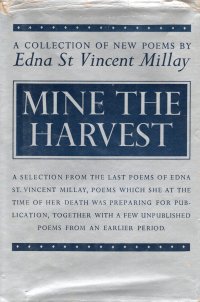 Ah, gentle reader. I was going to lead off by saying “I’ve already read this book,” but
Ah, gentle reader. I was going to lead off by saying “I’ve already read this book,” but 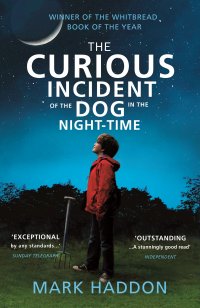 Ah, gentle reader. I am certainly playing fast and loose with the
Ah, gentle reader. I am certainly playing fast and loose with the 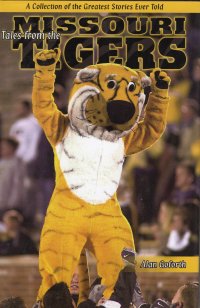 Well, gentle reader, when I bought this book
Well, gentle reader, when I bought this book  Ah, gentle reader, of course I did not have to rely on
Ah, gentle reader, of course I did not have to rely on 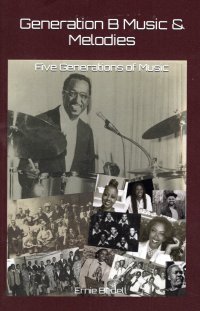 I picked up this book
I picked up this book 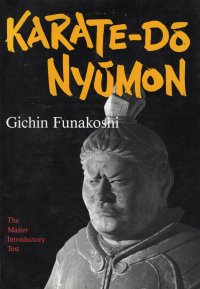 The
The 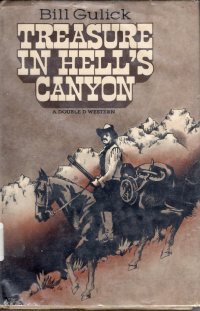 I said when I bought this book
I said when I bought this book 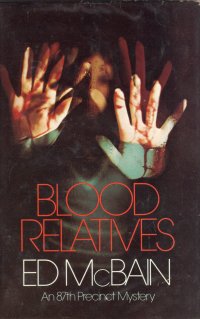 You are not mistaken, gentle reader; I have written a book report on this 87th Precinct novel before (in
You are not mistaken, gentle reader; I have written a book report on this 87th Precinct novel before (in 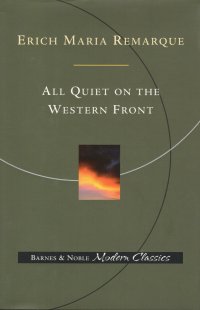 I bought this book in
I bought this book in 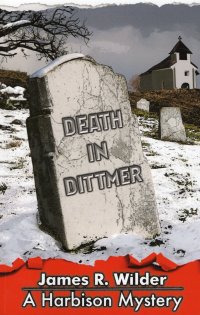 This, of course, was the first book I read for the
This, of course, was the first book I read for the 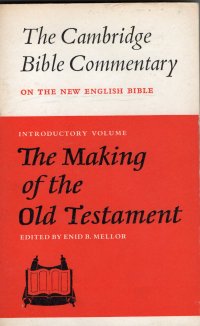 I picked this book up from the free book cart at church; it has the name of our former pastor’s father in it, which probably means that this book has made it through two trips through the seminary before coming to rest on my read shelves. I picked the book up and started reading it before a service where my beautiful wife was early to warm up either her horn or her pipes, and it (the book, not her horn) never landed on my to-read shelves. Although it did take me a while to go through it as it was lost in the car or a bag for a couple of weeks, and later I left it at a different campus of the church after arriving early so my wife could practice with the choir before a cantata, and I stuck it under my chair (the newer campus does not have pews) and forgot it after the cantata. So that’s a nice story. Have you noticed I’ve stopped stuttering?
I picked this book up from the free book cart at church; it has the name of our former pastor’s father in it, which probably means that this book has made it through two trips through the seminary before coming to rest on my read shelves. I picked the book up and started reading it before a service where my beautiful wife was early to warm up either her horn or her pipes, and it (the book, not her horn) never landed on my to-read shelves. Although it did take me a while to go through it as it was lost in the car or a bag for a couple of weeks, and later I left it at a different campus of the church after arriving early so my wife could practice with the choir before a cantata, and I stuck it under my chair (the newer campus does not have pews) and forgot it after the cantata. So that’s a nice story. Have you noticed I’ve stopped stuttering?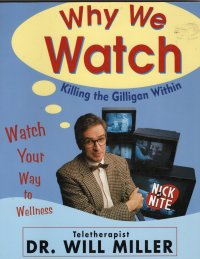 I picked up this book in Wisconsin
I picked up this book in Wisconsin 
 I got this book at ABC Books at the first (I think) of the writers’ group group signings I went to in
I got this book at ABC Books at the first (I think) of the writers’ group group signings I went to in 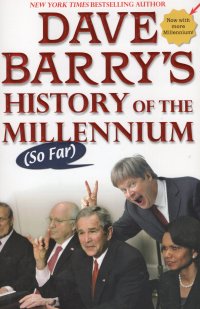 As you know, gentle reader, the year is winding down, and I tend to cut my annual reading list off the week after Christmas sometime. So I thought that this book, which I purchased
As you know, gentle reader, the year is winding down, and I tend to cut my annual reading list off the week after Christmas sometime. So I thought that this book, which I purchased  I picked this book up right after
I picked this book up right after 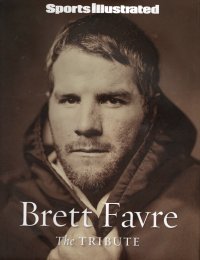 Sports Illustrated must have had this book ready to go, as it was published in that brief period in which Brett Favre had retired as a Green Bay Packer but before he did his little thing and got traded to the New York Jets, for whom he would actually play (unlike his predecessor). Favre announced his retirement on March 4, 2008; the book was published March 31; and Favre started making unretirement motions on July 2. I presume that book sales cratered in summer and autumn. I bought this book as my first ABC Books online order during
Sports Illustrated must have had this book ready to go, as it was published in that brief period in which Brett Favre had retired as a Green Bay Packer but before he did his little thing and got traded to the New York Jets, for whom he would actually play (unlike his predecessor). Favre announced his retirement on March 4, 2008; the book was published March 31; and Favre started making unretirement motions on July 2. I presume that book sales cratered in summer and autumn. I bought this book as my first ABC Books online order during  Gentle reader, after reading the story about it in the
Gentle reader, after reading the story about it in the